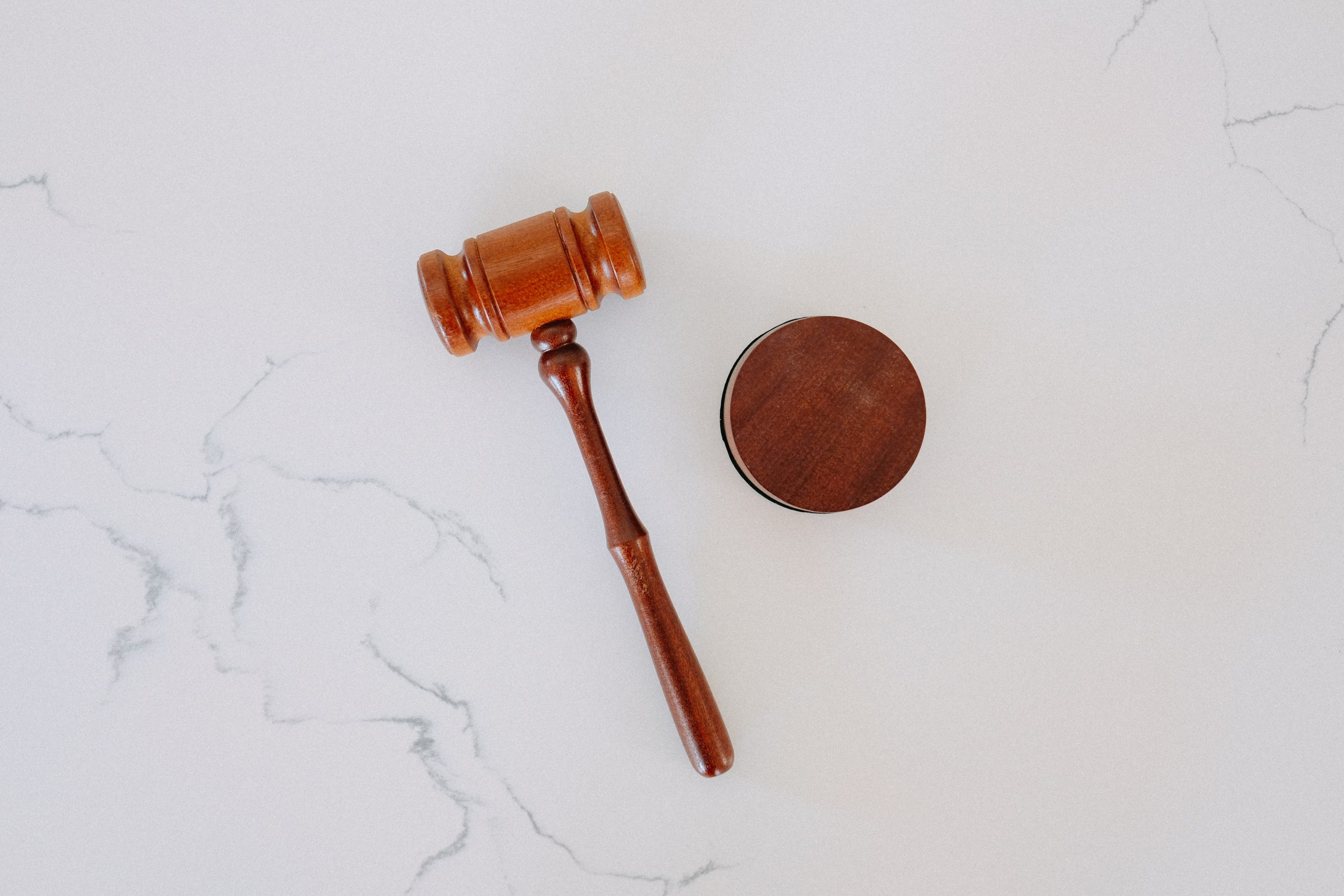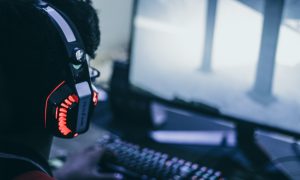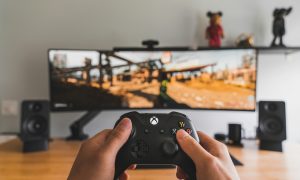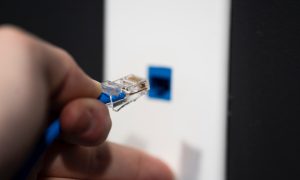The world of academia has been thrust into the spotlight with a lawsuit filed against the University of Southern California (USC) by Dr. C.W. Park, a former marketing professor. The legal action has stirred discussions about academic integrity, workplace dynamics, and the responsibilities of educational institutions. In this article, we will delve into the details of the C.W. Park USC lawsuit, providing a comprehensive overview of the allegations, the broader context, and the potential implications for both the university and the field of academia.

1. Background of the C.W. Park USC Lawsuit
a. Dr. C.W. Park’s Career
– Dr. C.W. Park, a prominent figure in the field of marketing, served as a professor at USC for several years. His contributions to research and teaching garnered recognition within the academic community.
b. Allegations Against USC
– The lawsuit alleges that USC engaged in discriminatory practices against Dr. Park, leading to his termination. The claims range from workplace harassment to unfair dismissal, shedding light on broader issues within the university.
2. Discrimination and Workplace Harassment Claims
a. Racial Discrimination
– Dr. Park asserts that he faced racial discrimination during his tenure at USC. The lawsuit details instances of alleged bias, differential treatment, and a hostile work environment based on his Asian identity.
b. Retaliation for Whistleblowing
– Dr. Park contends that his termination was, in part, a retaliation for whistleblowing on ethical concerns within the university. This adds a layer of complexity to the lawsuit, as it implicates the broader culture of the institution.

3. USC’s Response
a. Denial of Allegations
– USC has denied the allegations, asserting that Dr. Park’s termination was a result of his failure to meet academic expectations. The university contends that it adheres to fair and unbiased practices in faculty evaluations and employment decisions.
b. Commitment to Diversity and Inclusion
– USC has reiterated its commitment to fostering a diverse and inclusive environment. The university states that it takes allegations of discrimination seriously and is dedicated to addressing any concerns raised by its faculty and staff.
4. Broader Context of Workplace Dynamics in Academia
a. Academic Rigor vs. Discrimination
– The lawsuit prompts a broader discussion about the balance between maintaining academic rigor and ensuring fair treatment of faculty members. The tension between high standards and a supportive, non-discriminatory work environment is a challenge faced by many academic institutions.
b. Whistleblowing and Academic Freedom
– Dr. Park’s case also brings attention to the delicate relationship between whistleblowing, academic freedom, and job security. The lawsuit questions whether individuals who raise ethical concerns should face repercussions for their actions.
5. Implications for Academic Institutions
a. Scrutiny of Workplace Practices
– The lawsuit places a spotlight on the internal practices of academic institutions, inviting scrutiny into how they handle diversity, inclusion, and allegations of discrimination. Other universities may reassess their policies and procedures in response.
b. Impact on Reputation
– Legal actions of this nature can have lasting effects on the reputation of an academic institution. USC’s response and the outcome of the lawsuit may influence how prospective students, faculty, and stakeholders perceive the university.
6. Legal Proceedings and Potential Outcomes
a. Discovery and Evidence Gathering
– As the lawsuit progresses, both parties will engage in discovery, where evidence is gathered to support their respective claims. This phase will play a crucial role in shaping the trajectory of the case.
b. Possible Outcomes
– The lawsuit may culminate in various outcomes, ranging from a settlement between the parties to a court judgment. The results will have implications not only for Dr. Park and USC but may set a precedent for how similar cases are approached in the future.
The C.W. Park USC lawsuit is a multifaceted legal matter that brings to light critical issues within the realm of academia. The allegations of discrimination, retaliation, and workplace harassment prompt a broader conversation about the responsibilities of academic institutions to foster inclusive environments. As the legal proceedings unfold, the case will not only impact the individuals involved but may also influence the practices and policies of universities around the country. The C.W. Park lawsuit serves as a reminder of the ongoing challenges within academia and the importance of addressing issues of diversity, inclusion, and fairness at all levels of educational institutions.











